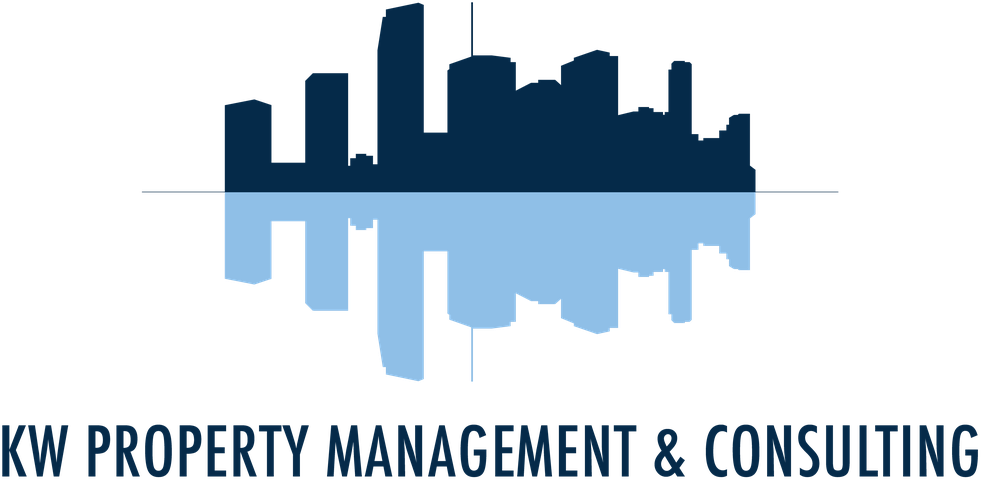Blog
Blog
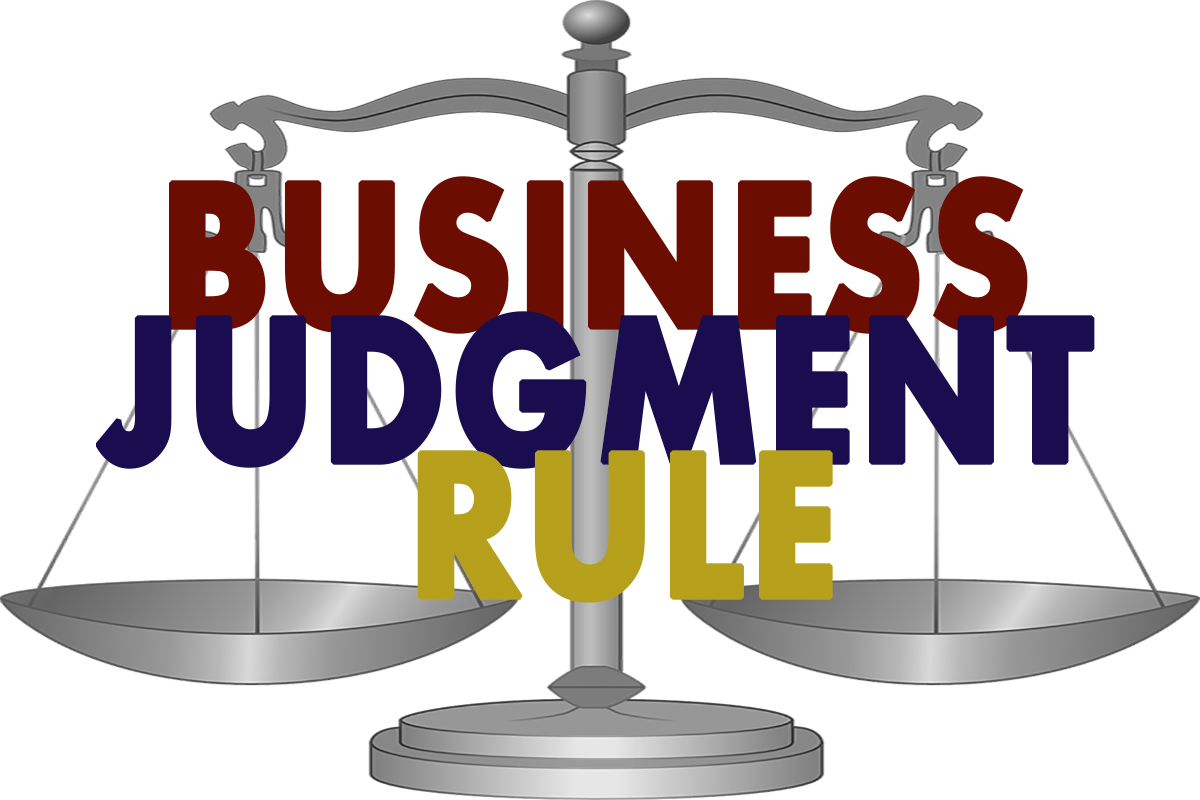
Application of the Business Judgment Rule to Community Association Board of Directors
The board of directors of community associations are responsible for making important decisions affecting the community and its members. As a result, disputes sometimes arise between the association and its members. In the event the dispute evolves into a lawsuit, the business judgment rule will protect directors from personal liability so long as they did not breach their fiduciary duty. Fiduciary Duty of Directors Community associations, such as HOAs and condominium associations, are governed by an elected board of directors. The duties of directors are codified in section 607.0830(1), Florida Statutes, which states that each member of a board of directors must act: In good faith; and In a manner he or she reasonably believes to be in the best interests of the corporation. The directors of community associations owe this fiduciary duty to the members of the association. Generally, the decisions of directors will not be questioned unless there
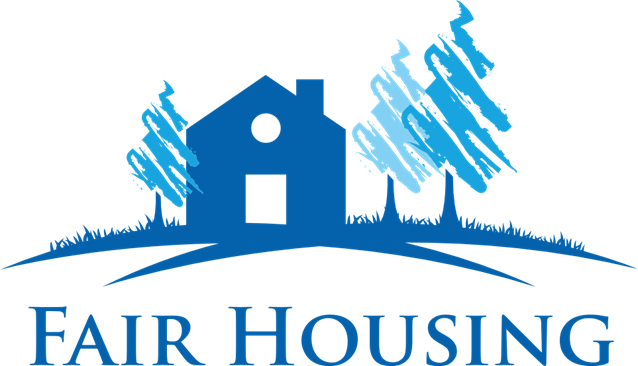
Your Board’s Responsibility Regarding Housing Discrimination
The Fair Housing Act, also known as Title VII of the Civil Rights Act is a federal law which prohibits discrimination in housing and housing-related services due to race, color, religion, sex, national origin, disability, and familial status. Because the FHA applies to entities that set terms and conditions for housing and provide services and facilities in connection with housing, it applies to HOAs and condo Community Associations. How much responsibility does your board and it’s members have with regards to ending housing discrimination and how can you ensure that your community complies with the laws? The Fair Housing Act, also known as Title VII of the Civil Rights Act is a federal law which prohibits discrimination in housing and housing-related services due to race, color, religion, sex, national origin, disability, and familial status. Because the FHA applies to entities that set terms and conditions for housing and provide services
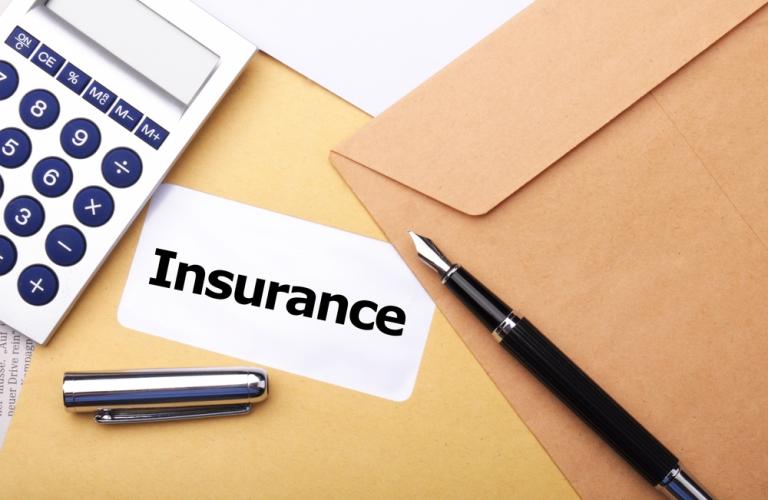
Insuring for Replacement Costs Versus Cash Value
All board members know that associations need to have insurance. In the case of condominium buildings, where your insurance covers the exterior structure and part of the interior, whilst the owners’ insurance covers the interior of their unit. However, a lot of condo boards do not know that they need to have insurance for replacement cost, not what the building might have been worth a few years ago. Although some states do allow associations to insure for actual cash value, others do not. Actual Cash Value versus Replacement Cost The key difference between actual cash value and replacement cost is fairly simple: Actual cash value takes into account depreciation. That is, the building is insured for what it would cost to rebuild it minus depreciation. Replacement cost means that the building is insured for the entire cost to replace the building using like materials. A few states require an even

Has COVID-19 Affected Your Community Association Collections?
The COVID-19 pandemic has led to widespread economic problems from high unemployment to significant business closures. With the news focused on the latest round of governmental assistance for taxpayers and businesses, it’s normal to wonder how your neighborhood association or fellow homeowners may be affected. Many homeowners are facing long-term financial instability and job vulnerability which can have rippling effects on both HOAs and Condo Associations. We’ve previously discussed on our webinars and in blog entries the reasons that community associations can’t just halt payment collections and the potential results from not collecting assessments but what other aspects should your board be thinking about? Here are some ways boards can handle the changing state of the economy while supporting community residents and making ends meet with management and operations costs. What to Expect Associations should be ready for residents to have difficulties paying dues and maintenance fees consistently during this
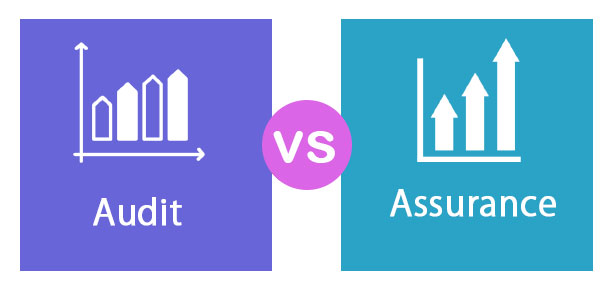
Financial Review vs Audit – What HOAs and Condominiums Need to Know
The end of the year is approaching fast. One of the many things homeowners’ associations and condominium associations need to decide on is whether to do a financial review vs audit. While the two may sound similar, they are two very different tools an association can use to see where their finances are at and what they can do for their community in the coming year. What is a Financial Review? For an HOA or a condominium association, a financial review is a review of the association’s financial records. This review is done by a Certified Public Accountant (CPA), who will analyze the records using basic accounting principles to determine that the financial records are correct. What is a Financial Audit? An audit is a thorough look at the association’s financial situation. In addition to reviewing the association’s financial records, a CPA will verify the information they have been given
